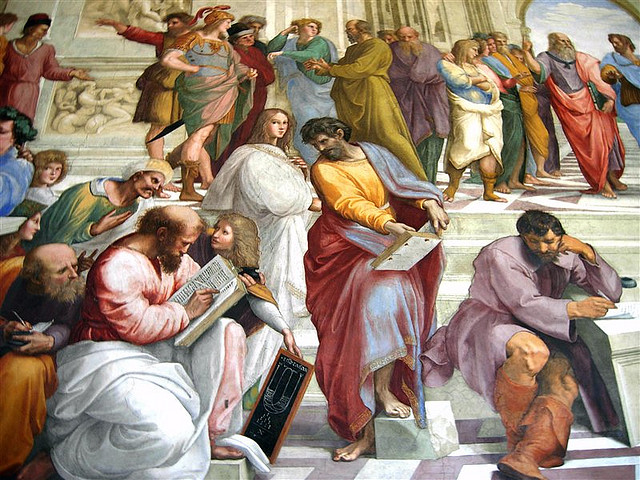Science Democracy
Is science the foundation of democracy?
DICK Taverne is a career politician, currently a member of the British House of Lords, and champion of science in public life (married, perhaps not incidentally, to a microbiologist for over fifty years). In a lecture at the Royal Society of Medicine in London last week, he explained why he believes “science has made us more democratic, more tolerant, and more compassionate.”
The lecture is the capstone on his tenure as founding chair of the British charity Sense About Science. He organized the charity ten years ago to encourage scientists to participate in public discussions on science – discussions he felt were sadly impoverished – and “increase public awareness of the role of science in making us more civilized.”
Taverne says that the spirit and methods of science are the foundation of democracy, not necessarily through direct application of scientific knowledge and facts, but in the rather egalitarian expectation of a shared reality, in which subjective opinion, taboos, and dogma may be challenged. He adds that democracy also supports science. In countries where authority cannot be challenged, good science in is short supply.
Thus he thinks it very unfortunate that British politicians are so ignorant of how science works, and so uninterested in finding out. While the public and its political representatives appreciate the technological and heath advances that science brings, the philosophical application of science is a more esoteric, even uncomfortable, idea.
The lecture itself is quite entertaining, but the extended question and answer session is also worth a listen. Here are a few out-takes:
- Roland Jackson, CEO of the British Science Association: The public is actually looking for scientists to show a little humility, to not actually give the impression that they know everything, can control everything, can sort of do things to society, but will engage with society’s values. I think that’s a really important message for scientists to understand, or they’ll lose public trust and confidence.
- Moderator replies: I’ve heard that comment about scientists so much. Sense about Science works with thousands of people, and I rarely meet the kind of person who thinks they know everything…[on the contrary] I get frustrated that scientists will say they know nothing, when they so clearly know something.
- Jackson replies: The point I’m making is about perception, it’s not about what scientists are really like…when they speak as humans…then the public is much more likely to engage and respond, and to trust.
- Taverne: In the end, the democratic process is not too bad…I wouldn’t denounce the whole democratic process as irrational, though it has many irrational elements. On the question of values: I’m not sure the public is distrustful of science in this respect…what scientists should be clearer about is what they are trying to achieve [in politics] and why they’re doing it
- Alice Bell: on your point in response to Roland on how the public likes scientists as long as they’re not funded by the government or industry, do you think if we had more public engagement on science funding rather than just science content, there would be a higher level of debate on this issue?
You can listen to the entire lecture “What has science ever done for us?” online at the Guardian’s Science Weekly Podcast.
Image: detail of Raphael’s School of Athens (c. 1510, Vatican) — Pythagoras, Hypatia, Socrates, Plato, Aristotle, and the gang — photographed by flickr user xiquinhosilva, CC 2009.
